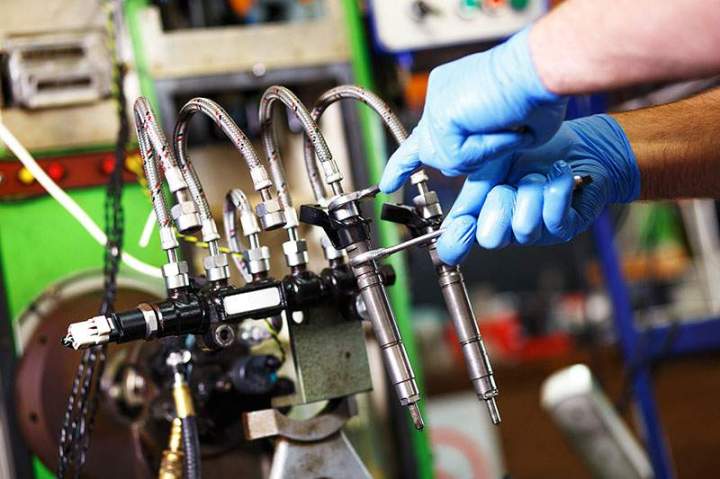What Are the Common Types of High Pressure Pumps for Diesel Engines?

High-pressure pumps are the heart of a diesel engine's fuel system, critical for efficient combustion. Understanding their types helps in maintaining your engine's peak performance. Metro Diesel and Turbo Service explains the common varieties.
Mechanical vs. Electronic High-Pressure Pumps
Historically, diesel engines relied on mechanical high-pressure pumps, often rotary or inline designs, which precisely metered and delivered fuel to the injectors. These mechanical systems, while robust and reliable for their time, operated with less flexibility in fuel delivery, primarily controlling pressure and timing through physical linkages and springs. Their simplicity made them durable, but they were limited in adapting to varying engine demands, leading to compromises in fuel efficiency and emissions control. As diesel technology advanced, electronic high-pressure pumps emerged, revolutionizing fuel injection.
These pumps, often found in Common Rail Direct Injection (CRDI) systems, utilize electronic controls to precisely manage fuel pressure and injection timing, allowing for multiple injection events per combustion cycle. This electronic precision significantly enhances fuel atomization, leading to more complete combustion, improved fuel economy, reduced emissions, and greater engine power. Metro Diesel and Turbo Service specializes in both mechanical and electronic high-pressure pumps, providing expert diagnostics and replacement solutions for all diesel engine types, ensuring your vehicle benefits from optimal fuel delivery regardless of its generation.
Common Rail vs. Unit Injector High-Pressure Systems
The landscape of modern diesel engines is largely dominated by two primary high-pressure fuel systems: Common Rail Direct Injection (CRDI) and Unit Injector (UI) systems, each utilizing distinct high-pressure pump configurations. In CRDI systems, a single high-pressure pump, often a radial piston or axial piston design, continuously pressurizes a common rail (accumulator) that feeds all the injectors. This allows for extremely high and consistent fuel pressure to be available at all times, enabling rapid and precise multiple injection events controlled electronically by the engine's ECU. The benefits include superior atomization, quieter operation, and better fuel economy.
Conversely, Unit Injector systems, while still prevalent in many heavy-duty applications, integrate the high-pressure pump and the injector into a single unit for each cylinder. This means each cylinder has its own high-pressure fuel delivery mechanism, typically actuated by the camshaft. While effective, UI systems generally operate at lower pressures than CRDI and offer less flexibility in injection timing and multiple injections. Metro Diesel and Turbo Service is well-versed in both CRDI and UI systems, offering a comprehensive range of high-pressure pumps and components for both, ensuring that regardless of your engine's design, you receive the right part and expert support for optimal fuel system integrity and performance.